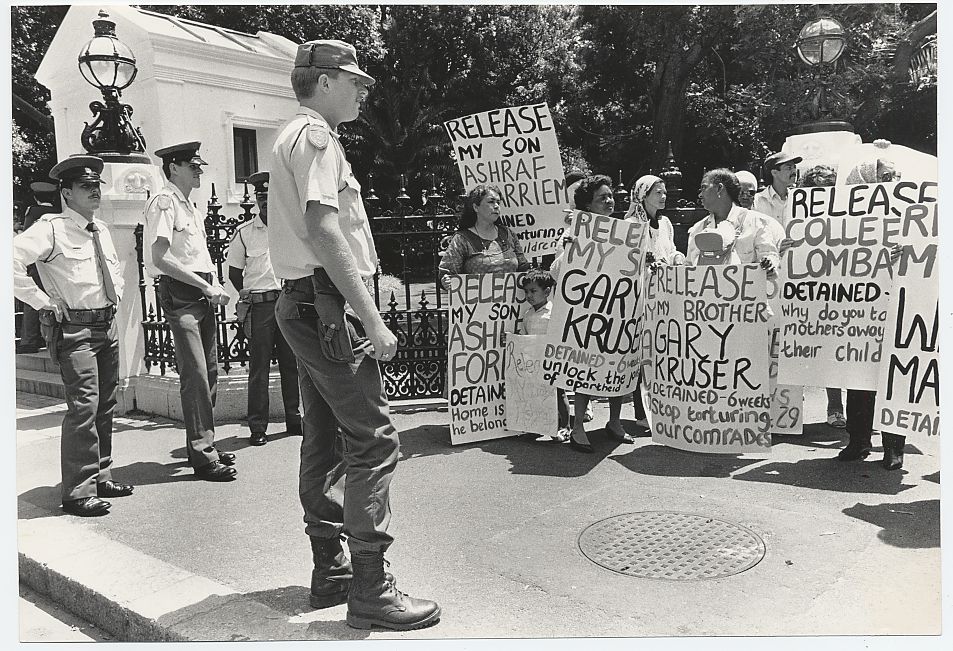Detentions
Video Interviews
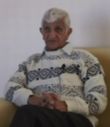 "During the first 48 hours, we were all severely tortured."
"During the first 48 hours, we were all severely tortured." Video interview segment with Laloo Chiba [7:57]
June 16, 2007
 "I believed that my arrest had killed my mother. It was all hallucinations because of the psychological pressure."
"I believed that my arrest had killed my mother. It was all hallucinations because of the psychological pressure." Video interview segment with Eddie Daniels [6:07]
May 27, 2005
 "You don't come out of seven months in solitary confinement and feel you're even remotely sane or even a normal human being."
"You don't come out of seven months in solitary confinement and feel you're even remotely sane or even a normal human being." Video interview segment with Renfrew Christie [2:35]
May 27, 2005
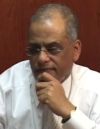 "We carried his coffin for miles. There were cops all over watching that procession... That was my awakening. My mischievousness ended that day."
"We carried his coffin for miles. There were cops all over watching that procession... That was my awakening. My mischievousness ended that day." Video interview segment with Yusuf Omar [5:54]
September 6, 2006
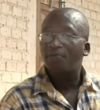 "'If you give us trouble, we'll take you to the workshop' ... It was very scary. We knew what the workshop meant - death."
"'If you give us trouble, we'll take you to the workshop' ... It was very scary. We knew what the workshop meant - death." Video interview segment with John Biyase [3:58]
October 7, 2006
 "She was going to chain herself to the railing of Parliament the next time someone died in detention, and it just happened that the next death was that of Johannes, who was 12."
"She was going to chain herself to the railing of Parliament the next time someone died in detention, and it just happened that the next death was that of Johannes, who was 12." Video interview segment with Maria MacDiarmid (Mary) Burton and Diana Oliver [2:14]
May 23, 2005
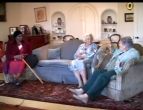 "They said I'm the ring leader and I will stay in jail until my head is straight."
"They said I'm the ring leader and I will stay in jail until my head is straight." Video interview segment with Lettie Malindi [1:44]
May 23, 2005
 "Concealed in the banana was a needle, a pencil lead, and thread. So that got my mind working ..."
"Concealed in the banana was a needle, a pencil lead, and thread. So that got my mind working ..." Video interview segment with Ahmed Kathrada [3:43]
March 23, 2006
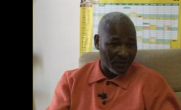 All the things that ... the regime was doing, it was just encouraging us... You would be arrested and come back a hero.
All the things that ... the regime was doing, it was just encouraging us... You would be arrested and come back a hero. Video interview segment with Roseberry Sonto [1:33]
2007
SABC Truth Commission: Special Report interview with three women detainees - Kate Serokolo, Zubeida Jaffer, and Shirley Gunn
[11:29]
August 11, 1996
[11:29]
August 11, 1996
Images
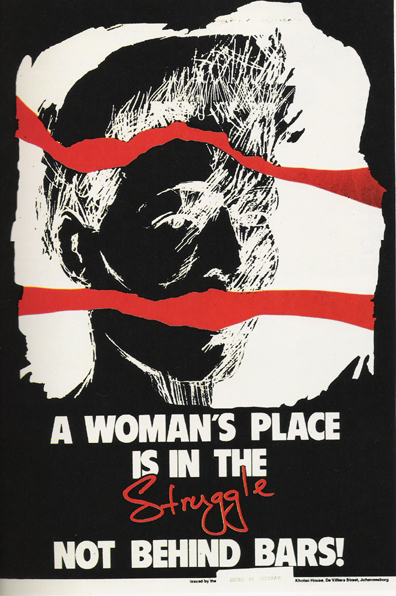 Political Art: "A woman's place is in the struggle, not behind bars!"
Political Art: "A woman's place is in the struggle, not behind bars!"By TOPS for the Detainees' Parents Support Committee, Johannesburg 1988
Summary
The Truth and Reconciliation Commission concluded in its Final Report (1998) that the apartheid government’s detention of its political opponents was "widespread and systematic." The purposes of detention were to interrogate people, frequently using beating and other forms of torture; to hold people as potential witnesses to testify against their colleagues; and preventive detention to take political leaders out of circulation. Approximately 80,000 detentions occurred, all without legal charges being brought against the accused and outside the jurisdiction of the courts.Beginning in the early 1960s, in response to successive waves of protest, the South African government enacted increasingly draconian laws which, among other things, permitted lengthy and secretive detentions of anti-apartheid activists. For example, the General Laws Amendment Act was used to justify the detention of members of the Umkhonto we Sizwe High Command while a case was prepared against them at the Rivonia Trial. The Internal Security Amendment Act in 1976, following the uprisings of students in Soweto that spread across the country, allowed for renewable 12-month periods of preventive detention and six-month detention of potential witnesses in solitary confinement. As mass protests grew in the 1980s, a new Internal Security Act was enacted in 1982 streamlining previous legislation. Section 29 of this Act allowed for detention until "all questions are satisfactorily answered" or "no useful purpose will be served by further detention." As thousands of people were held in detention in the mid-1980s, the Detainees’ Parents Support Committee sought information about detainees and provided valuable information to the media.
Related Essays:
Web Images
Photograph: Unlock Apartheid's Jails
From: African Activist Archive
[Go to source directly and leave this site]
From: African Activist Archive
[Go to source directly and leave this site]

Web Documents
Report: "TRC Report: Torture and Death in Detention"
[more info]
[Go to source directly and leave this site]
[more info]
[Go to source directly and leave this site]

Book Chapter/Excerpt: "Introduction: A Journey to Reclaim an Uncle, Comrade, and Martyr", Timol: A Quest for Justice
By Imtiaz Kajee
[more info]
[Go to source directly and leave this site]
By Imtiaz Kajee
[more info]
[Go to source directly and leave this site]

Testimony: Testimony by Hawa Timol before the Truth and Reconciliation Commission Human Rights Violations Committee in Johannesburg, April 30, 1996.
By Hawa Timol
[more info]
[Go to source directly and leave this site]
By Hawa Timol
[more info]
[Go to source directly and leave this site]

Testimony: Testimony by Ben Kgoathe before the Truth and Reconciliation Commission Human Rights Violations Committee in Johannesburg, April 29, 1996
By Ben Kgoathe
[more info]
[Go to source directly and leave this site]
By Ben Kgoathe
[more info]
[Go to source directly and leave this site]

Testimony: Testimony of Singqokwana Malgas before the Truth and Reconciliation Commission Human Rights Violations Committee in East London, April 17, 1996
By Singqokwana Malgas
[more info]
[Go to source directly and leave this site]
By Singqokwana Malgas
[more info]
[Go to source directly and leave this site]

Newspaper Article: "Detainees Speak! Zou Kota", Grassroots
By Zou Kota
[more info]
[Go to source directly and leave this site]
By Zou Kota
[more info]
[Go to source directly and leave this site]

